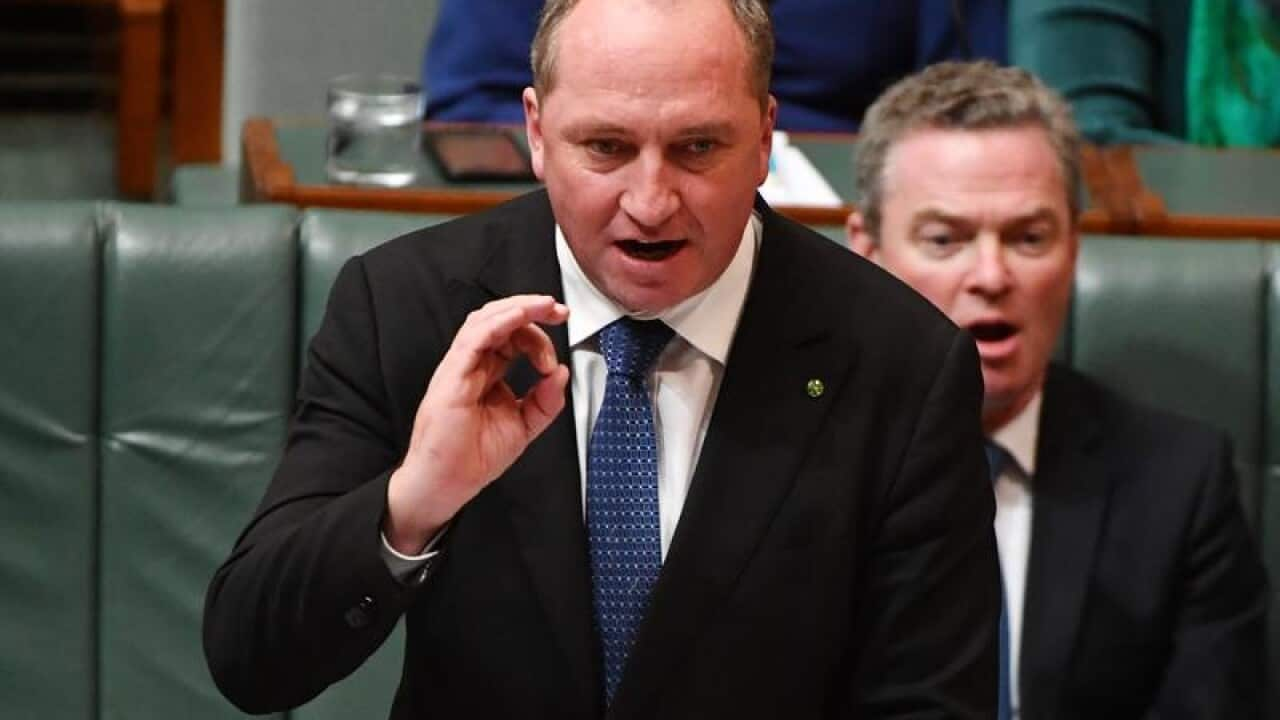Tuesday's launch marked a milestone in Pyongyang's decades-long drive to threaten the US mainland with a nuclear strike, posing a thorny policy challenge for Trump, who is at loggerheads with Beijing over how to handle Kim Jong-Un's regime.
"I call on all nations to confront this global threat and publicly demonstrate to North Korea that there are consequences for their very, very bad behaviour," Mr Trump said during a visit to Warsaw.
The United States is pushing for tougher sanctions on North Korea following the ICBM test but has also warned it is ready to use force if necessary.
"I have pretty severe things that we're thinking about," Mr Trump said, adding: "That doesn't mean that we'll do them."
Mr Trump has repeatedly urged Pyongyang's chief backer China to rein in the Stalinist state in, taking to Twitter this week to publicly berate Beijing for not squeezing the North hard enough on trade.
China responded Thursday with a call for more moderate language from all sides.
"We also call on relevant parties to stay calm, exercise restraint, refrain from words and deeds that may heighten tensions," foreign ministry spokesman Geng Shuang told reporters.
President Xi Jinping, who be attending this week's G20 summit with Trump in Hamburg, said China was committed to denuclearisation of the Korean Peninsula, but stressed this could best be achieved through dialogue and negotiations, the Xinhua news agency reported.
Mr Trump had dismissed the idea of the North having a working ICBM, vowing it "won't happen," but experts say the new missile could reach Alaska or even further towards the continental US.
The test prompted the US and its ally South Korea to stage a joint missile drill aimed at countering the North's threats, after South Korean President Moon Jae-In called for a response beyond "just words".
North Korea hit back Thursday, with its propaganda National Peace Committee for Korea criticising Mr Moon for denouncing Pyongyang "instead of getting rejoiced over the praiseworthy event" staged by its northern neighbour, according to the KCNA news agency.
Mocking the South as "puppet military gangsters," the KCNA report added: "It will be as easy as a piece of cake for the (North) to wipe out the puppet forces ... as we are now able to destroy even the US mainland across the ocean."
Left-leaning Mr Moon, who has advocated dialogue with the North to bring it to negotiating table, condemned the launch and joined calls for tighter sanctions on Pyongyang.
'We had to try'
Beijing insists it has made "relentless efforts" to curb Pyongyang's nuclear ambitions in line with UN economic sanctions.
China decided to stop buying North Korean coal in February and total imports from the North have steadily dropped every month from $207 million in January to $99 million in April.
But official Chinese customs data shows a 37.4 percent rise in yuan terms in overall trade with North Korea and 30.6 percent in US dollars in the first quarter.
"Trade between China and North Korea grew almost 40% ... So much for China working with us - but we had to give it a try!" Mr Trump tweeted on Wednesday.
For China, the worst-case scenario is a collapse of the regime in Pyongyang, which could see an influx of refugees from its impoverished neighbour, and worse yet, US troops stationed on its border in a united Korea.
Mr Trump had until recently nurtured friendly ties with Xi, hosting him at his Mar-a-Lago resort in Florida in April, when they agreed on a 100-day plan to improve trade relations.
Beijing's spokesman Mr Geng defended China's dealings with North Korea, insisting that Beijing has upheld UN sanction resolutions "in a comprehensive and earnest manner".
But, he added, sanctions "should not harm the livelihood and normal humanitarian need of the DPRK," using the initials of North Korea's official name.
Multiple sets of United Nations sanctions have failed to derail the North's weapons programmes.













